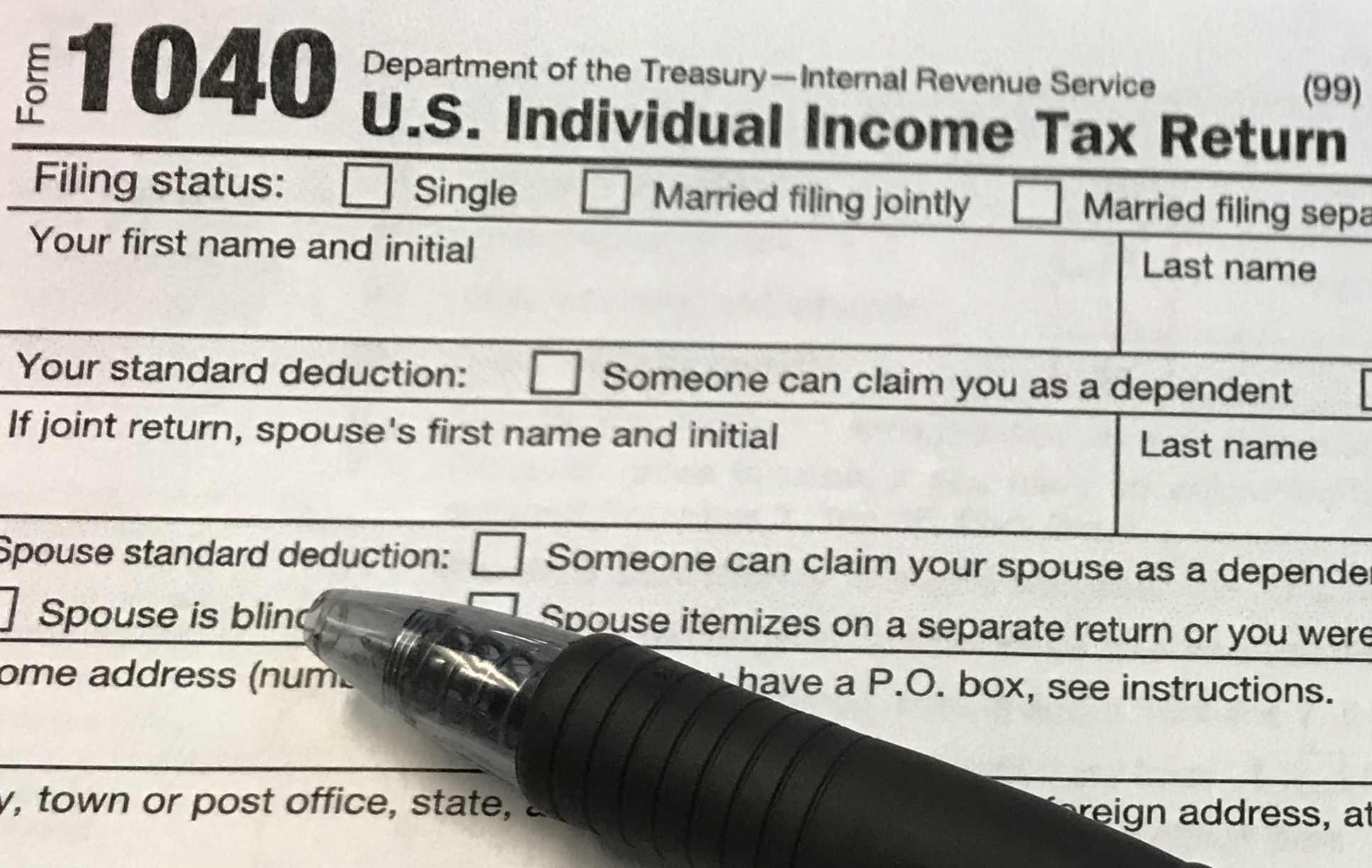How Fair or Unfair Is Our Tax Code?
Why is it that low-income people are more likely than wealthy people to face IRS audits?

Monday is tax day, and you’ve got until midnight to file your taxes from 2018 (unless you get an extension).
How does tax policy affects our individual lives? And how fair or unfair are our tax laws?
And how is the national tax overhaul affecting people’s returns and their paychecks this year?
Jeffrey Dorfman is a professor of economics at the University of Georgia. He helps unpack those questions on Detroit Today with Stephen Henderson.
You’d think the more money you make, the higher the risk that you’d get audited. Generally, that’s true, but in recent years, lower-income individuals who qualify for the Earned Income Tax Credit have been more likely to be audited than people who earn significantly more.
Is that fair? Is there some particular reason low-income filers are more likely to attract the IRS’ attention? Or is this just a reflection of the income inequality that plagues so many other parts of American society?
Paul Kiel is a reporter covering business for ProPublica. He co-authored recent stories that take a look at some of those questions, including “Who’s More Likely to Be Audited: A Person Making $20,000 — or $400,000?” and “Where in The U.S. Are You Most Likely to Be Audited by the IRS?”
Kiel also joins Detroit Today to dig into those issues.
Click on the audio player above to hear those conversations.


